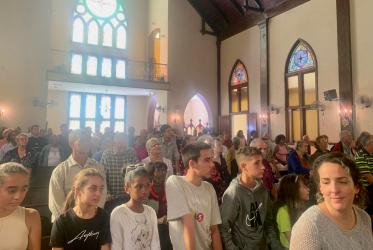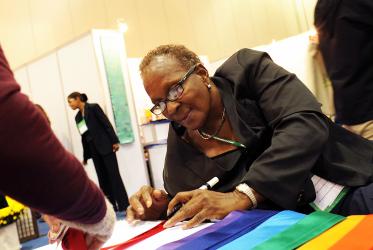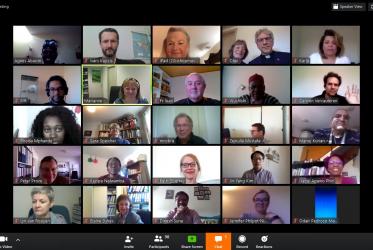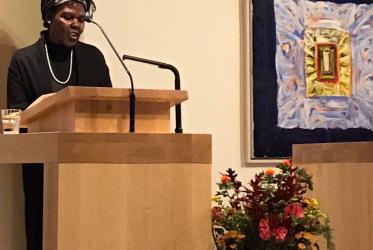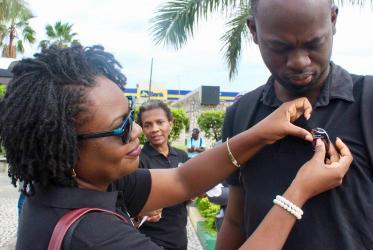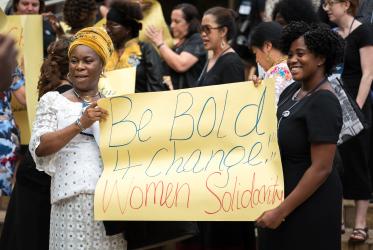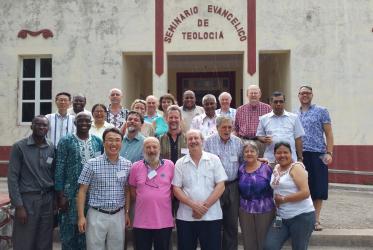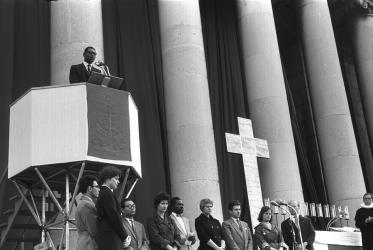Displaying 1 - 20 of 38
A visionary missionary heads home
25 March 2020
WCC well-represented in Religions for Peace leadership
07 October 2019
Erhard Hermansen: “The church in South Sudan needs our prayers"
09 September 2019
WCC moderator receives honorary doctorate from university in Norway
10 November 2018
#WCC70: A night talk with Fidel Castro
06 September 2018
Trying to do good for the world
18 December 2017
WCC moderator receives honorary doctorate from Norway university
15 December 2017
Contributing to God’s mission takes many forms, finds gathering in Cuba
20 September 2016
Religion: Way of war or path to peace?
30 June 2016
